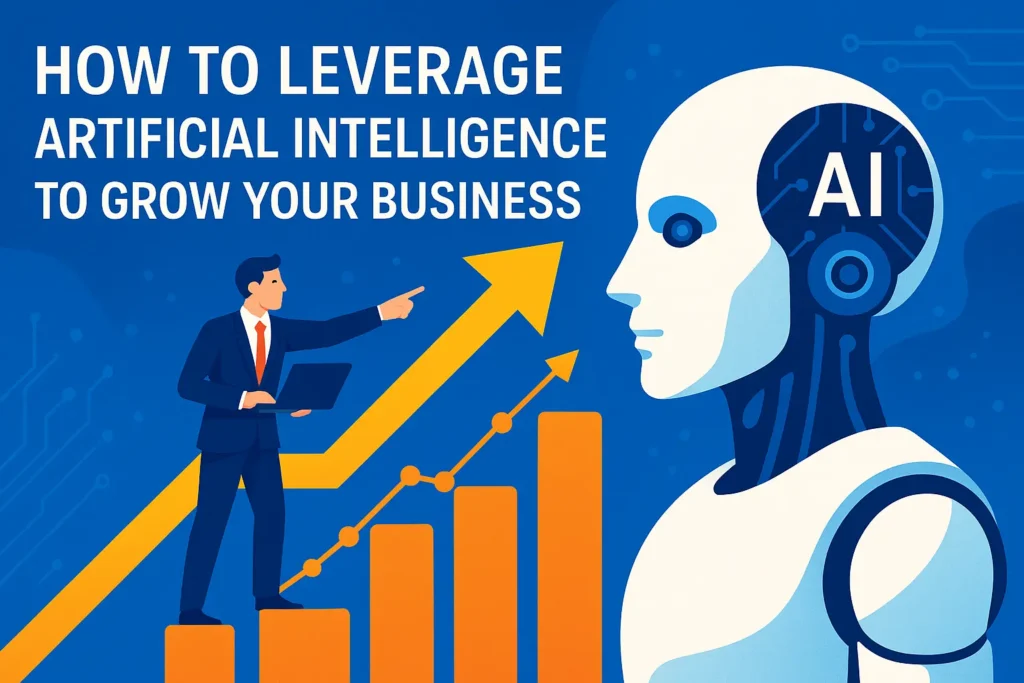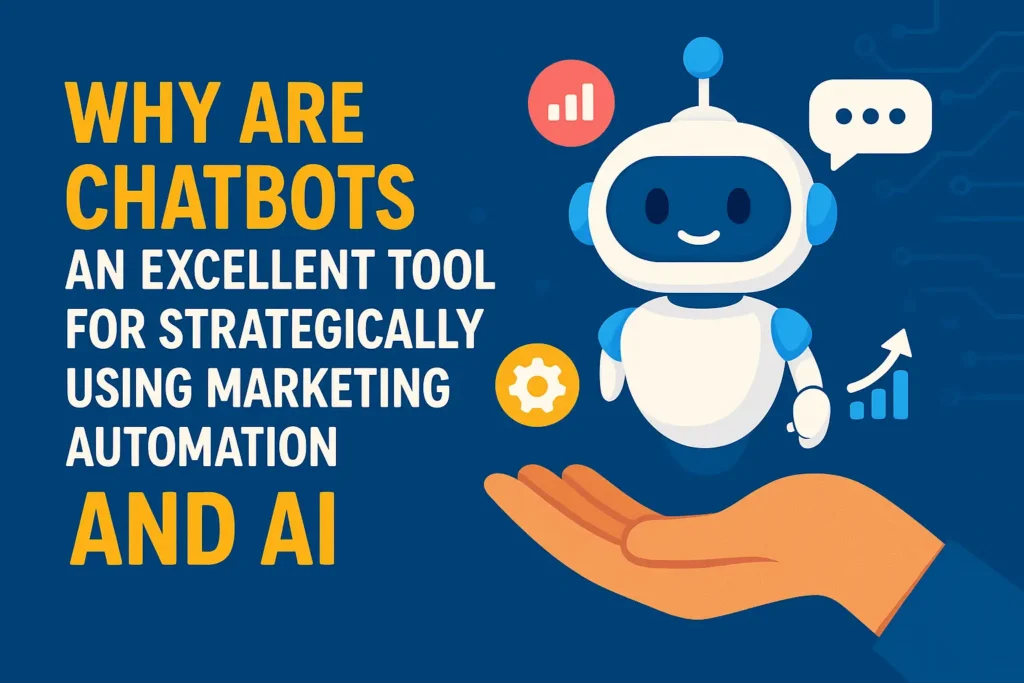In the rapidly evolving world of artificial intelligence, two giants are making waves—OpenAI’s ChatGPT and Google’s Gemini. Both promise to revolutionise how we interact with technology, but how do they compare? Which one should you choose for your needs? This detailed blog includes everything you need to know about these powerful AI tools.
Why Google Gemini and ChatGPT Matter
Artificial Intelligence has transformed from a futuristic concept to an everyday reality, embedded in applications ranging from customer service to content creation. Among these innovations, ChatGPT and Google Gemini stand out as leaders in conversational AI.
- ChatGPT, launched by OpenAI, has set a new standard in natural language processing. Its ability to generate human-like text, answer questions, and assist with various tasks.
- Google Gemini, Google’s latest AI model, builds on its massive infrastructure and expertise, aiming to surpass existing AI boundaries with multimodal capabilities and advanced reasoning.
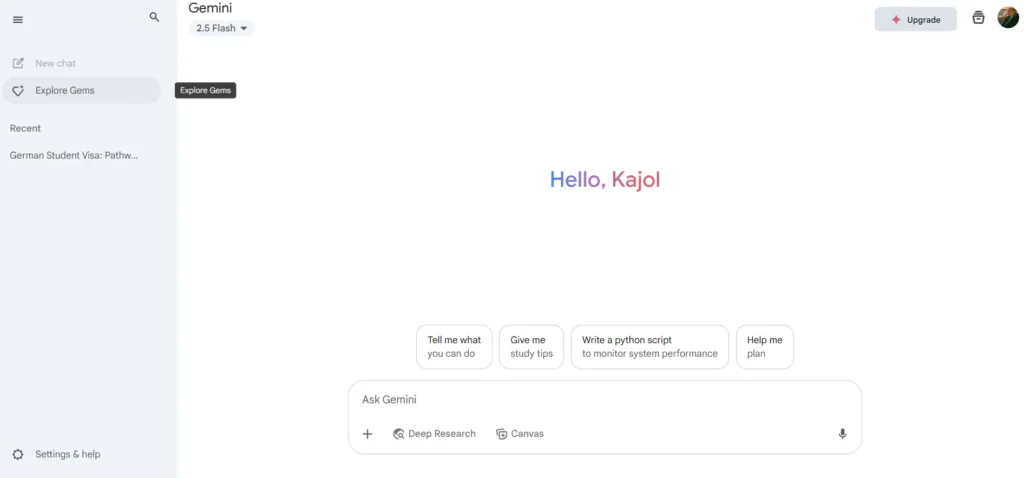
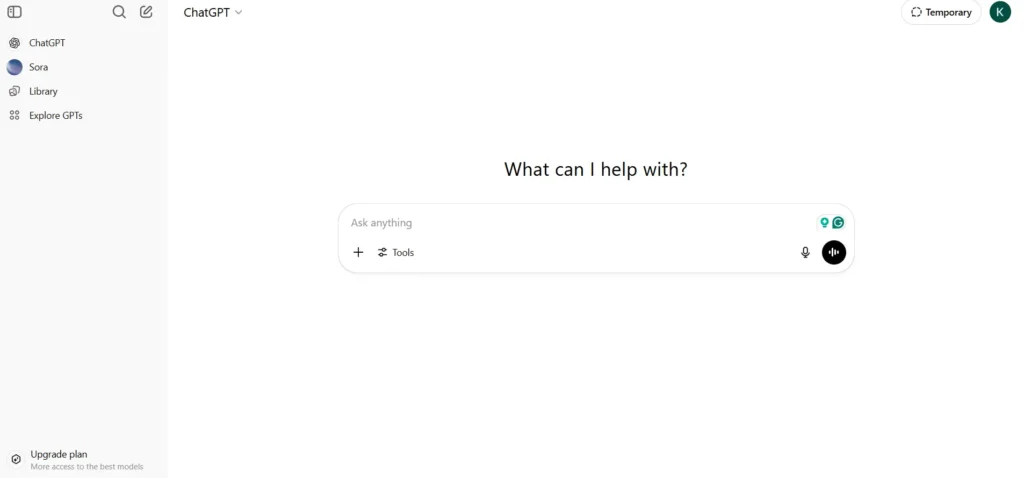
Why should you care?
Both tools are redefining productivity, creativity, and information access. Businesses, content creators, marketers, and developers rely on these platforms to automate workflows, generate content, analyse data, and engage audiences. Understanding their differences helps you leverage their strengths effectively.
What’s the Difference Between Google Gemini and ChatGPT?
Both are large language models (LLMs) at their core, but their development strategies and integrations differ significantly.
Architecture
- ChatGPT: Built by OpenAI, trained on diverse internet data with billions of parameters. It’s optimised for understanding and generating human-like text.
- Google Gemini: Developed by Google DeepMind, designed to be multimodal from the start, capable of processing and generating text, images, audio, and more.
Integration Ecosystem
- ChatGPT: Tightly integrated with Microsoft (Office, Azure). Also available via API for developers, and as a standalone mobile/desktop app.
- Google Gemini: Integrated with Gmail, Docs, Sheets, Slides, Meet, and Search. Works natively across Android and Google services.
Real-Time Web Access
- ChatGPT Plus (via GPT-4 with browsing): Offers web access, plugins, code interpreter, and memory features.
- Google Gemini: Has direct access to Google Search in real-time, making its responses highly current and fact-checked.
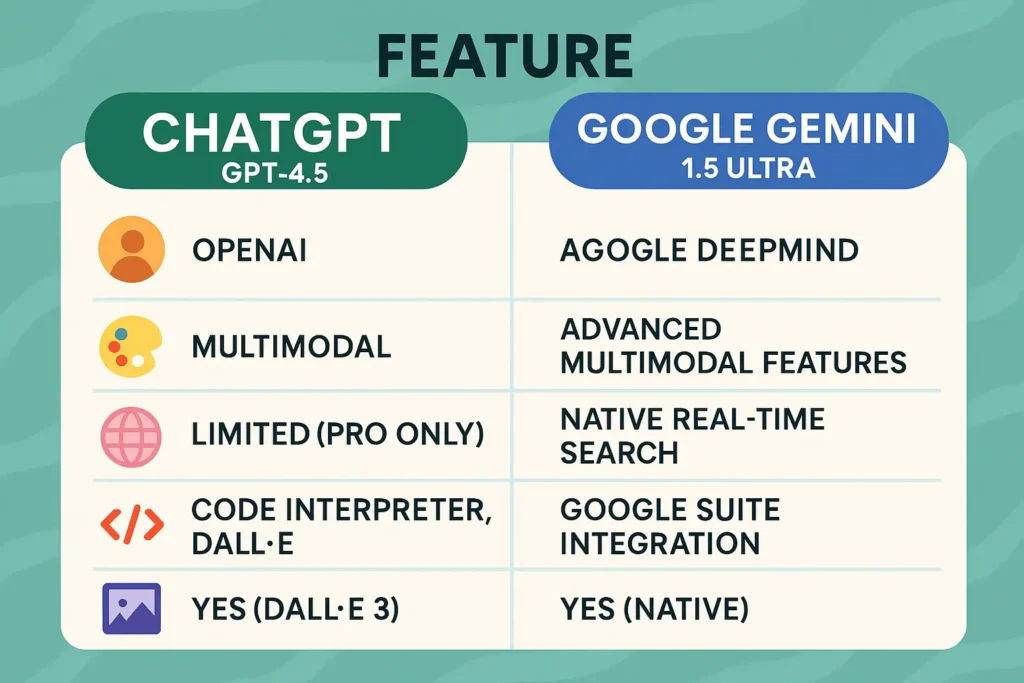
Comparing Google Gemini vs ChatGPT Features
Let’s dive deeper into their respective features:
Text Generation and Conversational Ability
- ChatGPT excels at generating coherent, contextually rich text. Its responses are fluid and adaptable to various tones and styles.
- Google Gemini uses multimodal data to enrich text with visual context, making conversations more dynamic.
Image Generation and Interpretation
- Google Gemini has a clear edge, producing more detailed and creative images, leveraging Google’s image recognition and generation tech.
- ChatGPT offers limited image generation but steadily improves via integrations like DALL·E.
SEO and Content Marketing
- ChatGPT offers robust support for SEO writing, keyword optimisation, meta descriptions, and repurposing content.
- Google Gemini focuses more on content creativity and planning rather than SEO optimisation.
💡 Looking to boost your marketing with AI? Check out this must-read guide: Why are Chatbots an Excellent Tool for Strategically Using Marketing Automation and AI?
Creative Content & Planning
- Google Gemini integrates creative brainstorming, planning workflows, and idea generation seamlessly with Google’s tools.
- ChatGPT is powerful for drafting and rewriting, but it is less integrated with external planning apps.
Transcribing Text from Images
- ChatGPT, combined with OpenAI’s image recognition, is excellent at extracting and interpreting text from images.
- Google Gemini supports this but focuses more on combining visual data with text understanding.
Pricing Comparison (as of May 2025)
| Tier | ChatGPT Plus | Google Gemini Advanced |
|---|---|---|
| Monthly Cost | $20/month | $19.99/month |
| Free Plan Available? | Yes(GPT-3.5) | Yes (Basic Gemini) |
| Web Browsing | Plus only | Included in free tier |
| Image Generation | Yes (Pro only) | Included in free tier |
| File Uploads | Yes | Yes |
Which Is Better: Google Gemini or ChatGPT?
Determining which AI is “better” depends on your use case.
| Use Case | Recommended AI | Reason |
|---|---|---|
| SEO Content Creation | ChatGPT | Superior at keyword-rich, optimized writing |
| Creative Content & Visuals | Google Gemini | Advanced image generation and creative ideas |
| Blog Post Repurposing | ChatGPT | Excellent at rewriting and idea generation |
| Planning & Workflow Integration | Google Gemini | Better integration with Google Workspace |
| Text Extraction from Images | ChatGPT | Better at text recognition and transcription |
| Complex Reasoning & Decisions | Both | Both perform well with logical reasoning |
Both Apps Are Excellent at Simplifying Complex Concepts
ChatGPT and Google Gemini shine when breaking complicated ideas into easy-to-understand language.
For example:
- ChatGPT can transform technical jargon into conversational explanations, which is perfect for customer support or educational content.
- Google Gemini complements this by associating textual explanations with visual aids, improving comprehension.
Google Gemini Generates Better Images
Google Gemini’s integration of multimodal AI means it can produce richer, more contextually appropriate images than ChatGPT.
- It understands subtle cues in text prompts to create art, infographics, and designs.
- Google’s image database and recognition tech enhance Gemini’s ability to generate relevant visuals.
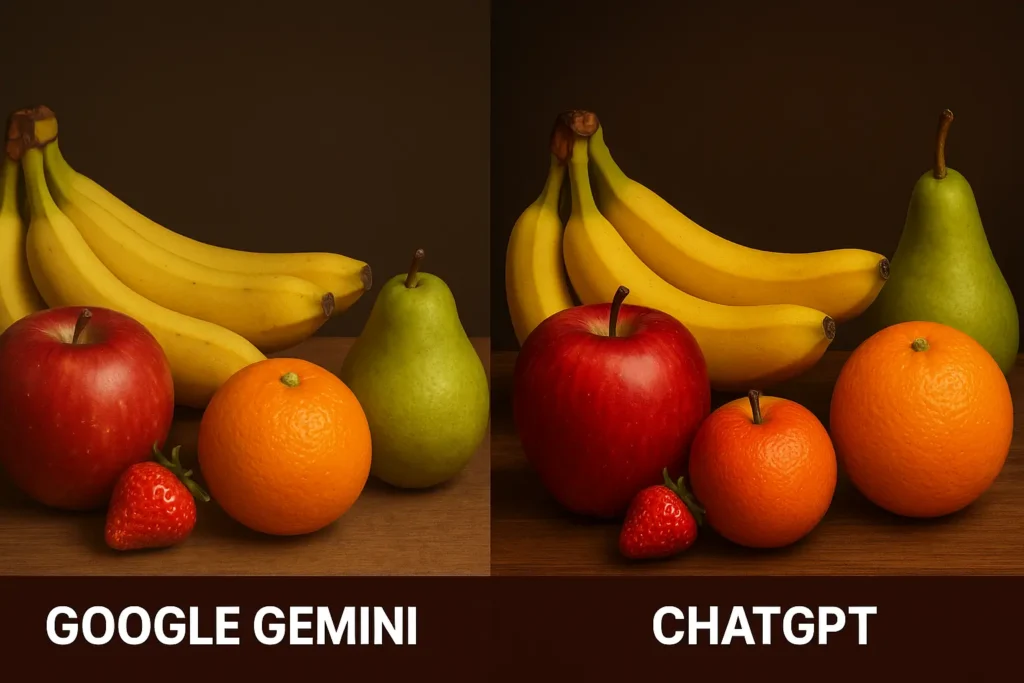
ChatGPT Is the Better Option for SEO
When it comes to search engine optimisation:
- ChatGPT excels at crafting keyword-optimised content.
- It can generate meta tags, headlines, and content snippets tailored for Google’s ranking algorithms.
- Its ability to analyse keyword density and natural language patterns helps boost organic traffic.
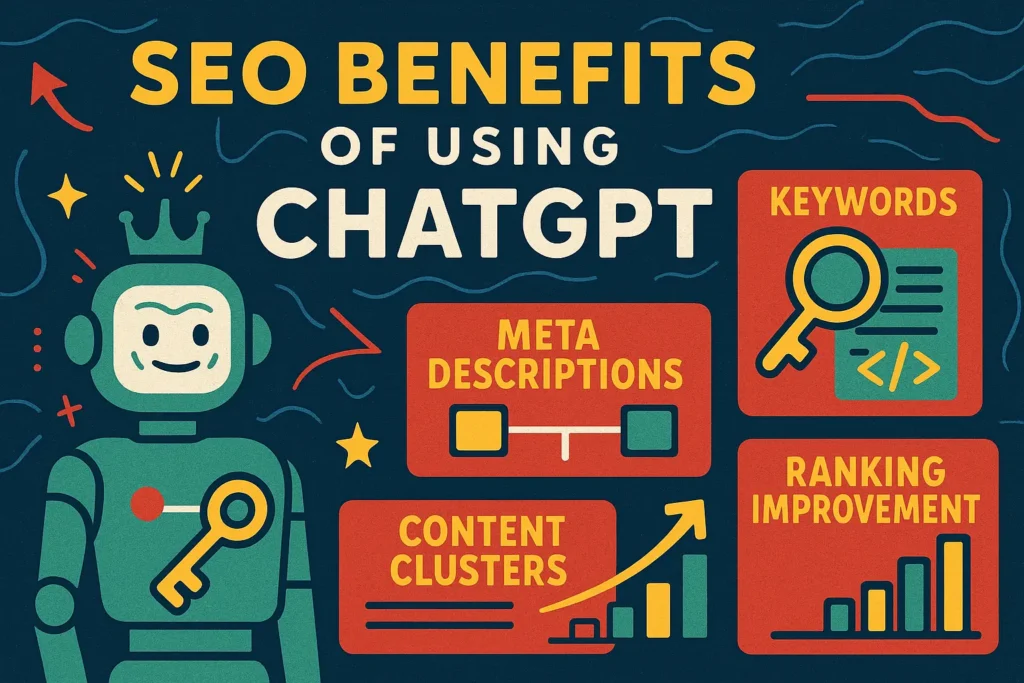
Google Gemini Is More Useful for Creative Content and Planning
If your focus is on creative ideation, campaign planning, or brainstorming:
- Google Gemini’s tight integration with Google Workspace makes it easy to draft plans, generate content ideas, and visualise campaigns.
- It can generate content calendars, storyboards, and design mockups using its multimodal capabilities.
ChatGPT Provides Better Blog Post Repurposing Ideas
Repurposing content to extend its lifespan is key for marketers.
- ChatGPT can rephrase articles, create summaries, turn blog posts into social media snippets, or generate FAQs.
- This versatility makes it ideal for maximizing the value of existing content.
👉 Ready to elevate your AI game? Don’t miss our guide: Mastering ChatGPT Prompt Engineering: The Ultimate Guide for Marketers in 2025
ChatGPT Is Great for Transcribing Text from Images
Thanks to advancements in AI image processing, ChatGPT can:
- Extract text from screenshots, scanned documents, and photos.
- Convert handwritten notes into digital text.
- This feature supports workflows that involve physical papers or mixed media content.
Both Are Good at Reasoning and Decision-Making
When tasked with:
- Logical problem-solving
- Strategic decision-making
- Data analysis
Both ChatGPT and Google Gemini perform strongly. They can analyse context, weigh options, and provide reasoned responses.
Choosing Between Google Gemini and ChatGPT
How to decide:
- Purpose:
- Need text-heavy AI for SEO and writing? Go with ChatGPT.
- Need rich image generation and integrated planning? Choose Google Gemini.
- Integration:
- If you use Google products extensively, Gemini fits naturally.
- ChatGPT offers flexibility for broad API integrations and third-party tools.
- Budget and Access:
- Consider pricing models, API costs, and access limitations.
- User Experience:
- Try both—many users find a hybrid approach works best.
Conclusion
Google Gemini and ChatGPT are cutting-edge AI tools pushing the boundaries of what’s possible. Understanding their differences, strengths, and ideal use cases empowers you to make smarter decisions, whether you’re a marketer, developer, or creative professional.
Stay tuned as both platforms evolve—this AI showdown is just getting started.


